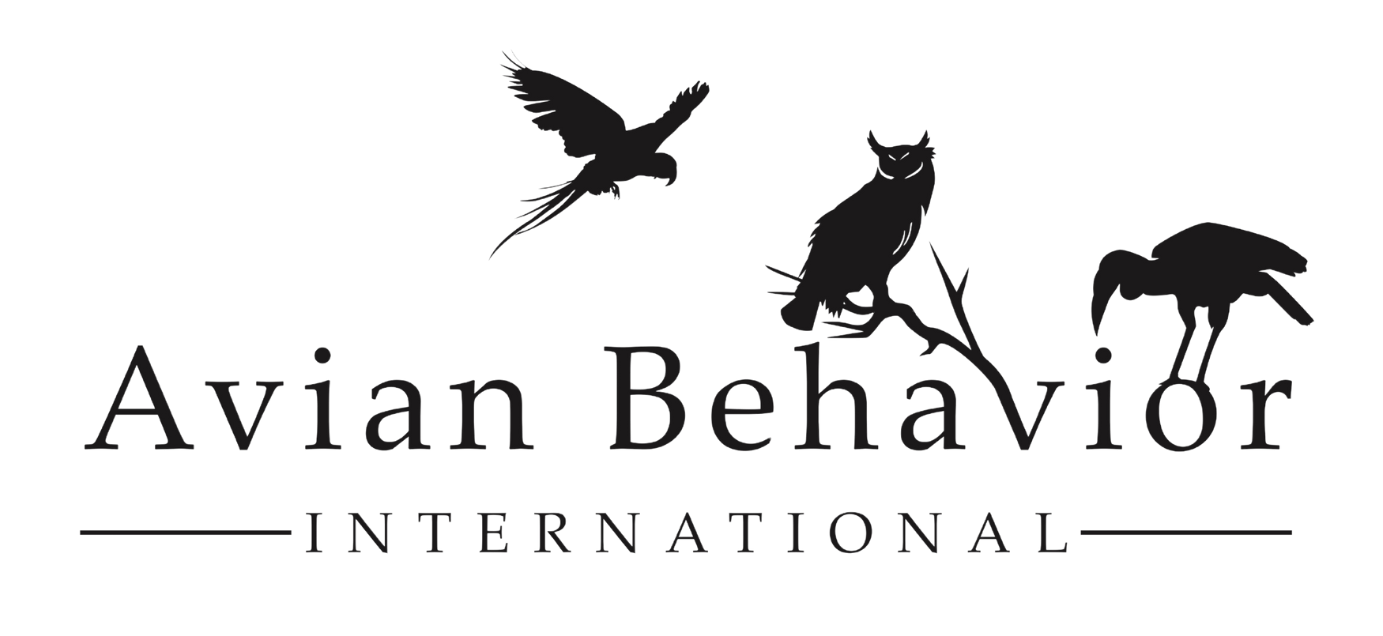12 Feb 26 How to Get a Job as a Bird Professional
What kind of jobs are there if you love birds and want to spend your life sharing your enthusiasm? It turns out, there are many types of jobs, and in this day and age, you can also make your own way.
In this episode, we talk about some of the useful strategies we have seen in the entry level animal trainers and other care givers we have worked with to get a toehold in the competitive field of the science of bird care. We even share some of our insights in to resumes and interviews, some of which may not be the most conventional, but we are here to help you stand apart and find your path!
What You’ll Learn in This Episode:
- What does Hillary do, exactly?
- It never should be about the money
- The competitive landscape of the animal field
- The different opportunities in the animal field and Hillary’s background
- Take care who you listen to or take advice from
- The importance of getting the right education
- Gaining experience for entry-level positions, and alternatives to internships
- Get experience and time around animals
- Making a great impression at your first job
- It’s okay to make mistakes
- Your people skills matter—a lot
- Tips for putting together an impactful cover letter and resumé
- What you need to know if you didn’t land the job of your dreams
Episode Summary:
“I train birds and I train people how to train birds using progressive, choice-based, positive reinforcement-based techniques.”
There are a number of varied career paths an animal lover can take. In Hillary’s own experience, passion for the work has to outweigh money as your primary motivation in this industry. In her words:
“You will never get paid enough for the amount of responsibility you have when you work with animals, whether you’re an animal keeper, a curator, or a veterinarian.”
The animal field can be pretty competitive. It takes integrity to stand apart and do the best by the animal in your care. This applies to researchers, those in academia, and even those who directly work with animals such as dog groomers and breeders. Money can never rise above integrity, because it’s so easy to get swept away by the stress inherent in the field.
Whichever path you choose, always be aware of where you’re getting your training and education. All the online blogs, videos, and even courses in the world will never replace one-to-one interactions with experts and practitioners, both in academia and in the field. Neither will they ever replace practical experience.
When it comes to starting out with an entry-level job, Hillary notes that the best interns she has ever had were those who knew exactly what they wanted. This doesn’t necessarily mean they had prior working experience. It just means that they had at least a clear idea of where they intended to go with their careers.
Other than internships, however, it’s also a really good idea to volunteer for any opportunity you can find that’s related to your speciality of choice. Even simply attending industry expos and conventions can help you get a feel for your potential profession so that you can make an informed decision before sinking several months of your time, money, and resources into it.
Having a lot of education and experience in your area of specialty is one thing; having great people skills is another—and the latter will probably be the key that takes you far in your career. From the application process, to the day-to-day as an employee, to even being rejected as a job applicant, it’s never a bad idea to network, learn from peers, and arm yourself with mentors. It’s this attitude that will set you apart from most other new practitioners in the animal field.
Get exclusive bonus content and help support the production of the Avian Behavior Podcast by becoming a Patreon for a little as $5/month!
Click here for more information on becoming a patron!
Need online animal behavior support at your fingertips? Bird training is complex. The Avian Behavior Lab makes it easy.
Click here to try out the Avian Behavior Lab for FREE with the coupon code “AVIAN”
Get the most out of your training sessions and fix your bird behavior problems once and for all with the Fundamentals of Behavior Workbook!
Click here to grab our free Fundamentals of Behavior workbook!

